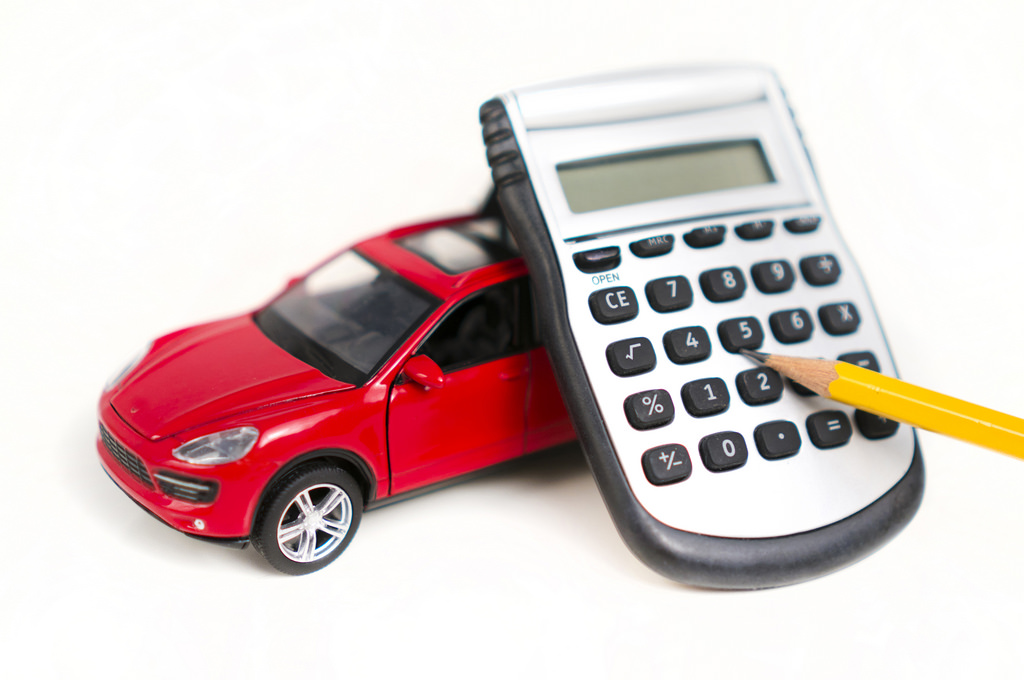
Leasing has become one of the most popular ways for people to acquire the use of high-cost items. Car leases and commercial leases are the two most popular types of leases. Here is a description of what they are and their most popular types.
A lease is a contract by which one party conveys land, property, services, auto, etc., to another for a specified time, usually in return for a periodic payment. The receiving party is called the lessee and the conveying party is called the lessor.
Property Leases
Property rental is always managed by a lease agreement. The tenant, in this case, is the lessee, and the landlord is the lessor. A lease typically guarantees that the lessee pays a specific amount of rent to the landlord for a specific number of years or months. The landlord agrees to provide the property in a specified condition, and under terms of the contract and the tenant agrees to pay the amount and follow the terms and conditions as specified in the contract. If either party does not hold up their end of the contract, there are consequences. There are two types of standard property leases:
- Gross Lease: A gross lease typically means that the landlord pays for the building’s property taxes, insurance, and maintenance. It can, however, be modified so that the tenant pays for specific expenses such as utility bills. This type of lease can be erratic for tenants and needs to be reviewed carefully because often a landlord will overvalue costs to ensure all bills associated with the property are covered.
- Net Lease: There are several different types of net leases. For example, a triple net lease means that the tenant has to pay for taxes, insurance, and maintenance in addition to rent. A double net lease only requires the tenant to pay taxes and insurance on top of rent, and a net lease means the tenant has to pay some or all of the taxes, insurance or maintenance. These leases allow the tenant to have some control over costs associated with the property (water, electric, etc.) and can often save the tenant some monthly costs. But again a tenant needs to be careful about calculating its overall cost.
Car Leases
More and more people are choosing to lease rather than purchase their automobile. Car leases typically run 36, 48, 60 or 72 months, allow the lessee to drive a certain amount of miles per year, and at the end of the term, the car is returned to the lessor. Leasing is available for both new and used cars. There are two types of car leases generally available:
- Closed-End: A closed-end lease is by far the most popular type of car lease. It allows lessees to return a vehicle at the end of the lease and either walk away or buy the vehicle for a pre-arranged amount. Unless there is physical damage to the car, excessive wear and tear or the agreed upon mileage allowance in the lease agreement exceeded, there are no additional charges due. All car manufacturers and many leasing companies offer closed-end leases for cars.
- Residual Obligation (Open End): An open-end lease carries the risk for the Lessee. The vehicle is leased and the lessee makes scheduled payments like in a closed-end lease. These payments are calculated based on the estimated value of the car when it will be returned. If the car’s value is less than estimated, the lessee must make up the difference when the car is returned. Open-end leases may have smaller monthly payments, but again there is a risk that there will be a lump sum payment (or additional monthly payments) due when the car is returned. The complexity of this calculation makes this type of lease substantially less popular than a closed-end lease
Leases are legally binding contracts and consumers should always fully understand the terms of a lease agreement before signing it.






















 More news and opinions than at a Shabbat dinner, right in your inbox.
More news and opinions than at a Shabbat dinner, right in your inbox.